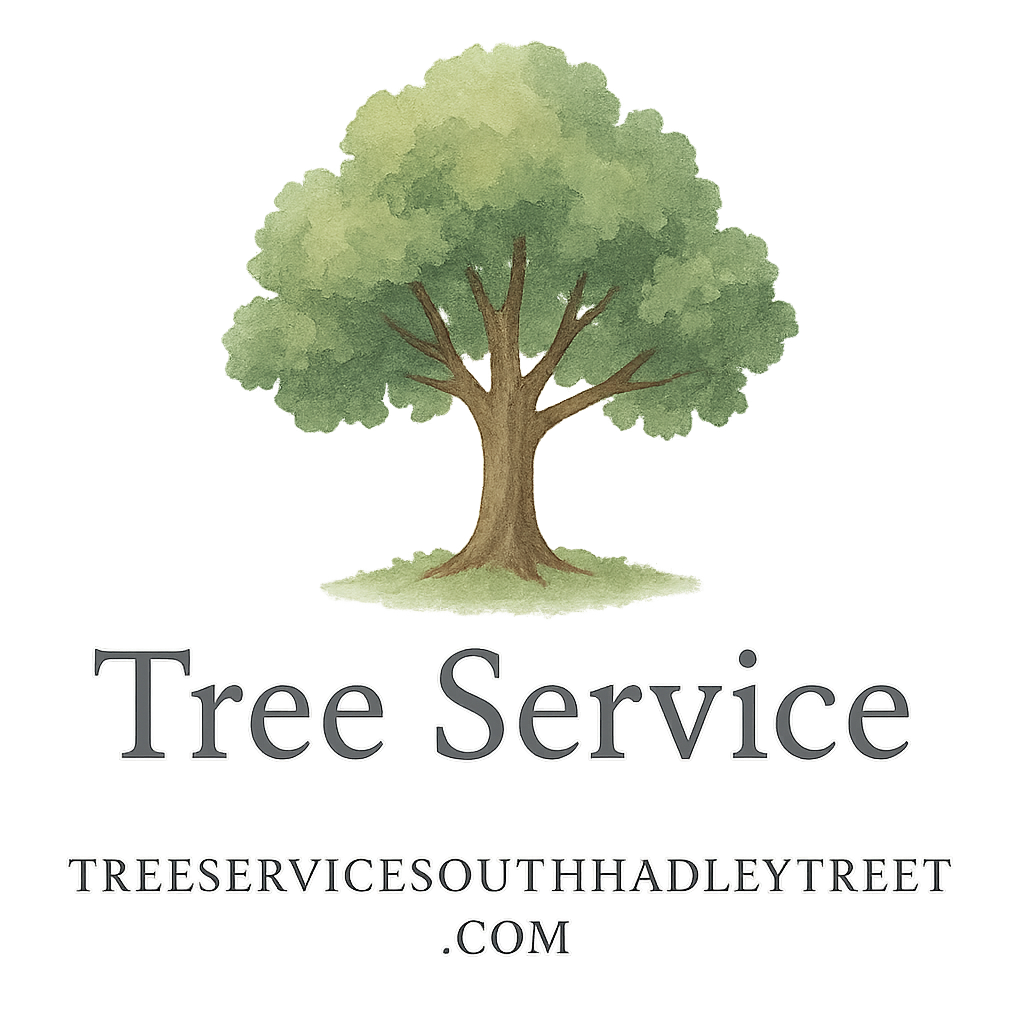Introduction to Safe Tree Removal
Tree removal might look straightforward from the outside, but it’s actually a complex job that demands planning, skill, and safety awareness—especially in places like South Hadley where the landscape, climate, and community expectations all play a role.
Whether it’s due to storm damage, disease, or a dead tree leaning dangerously close to your home, getting it removed the right way is essential.
Why Safe Tree Removal Matters
Protecting Property and Lives
Trees can weigh several tons, and a poorly removed tree can crash through roofs, smash cars, or worse—hurt someone. The first priority in tree removal is always safety.
Avoiding Legal Liabilities
Improper tree removal without proper notice or permits can cause disputes with neighbors, and in some cases, hefty fines. Local regulations in South Hadley are there for a reason.
Explore tree service basics to understand the foundation before starting.
Step 1: Assess the Tree’s Condition
Signs Your Tree Might Be Hazardous
Look for signs like leaning trunks, hollow spots, fungus at the base, or dying branches. These are red flags. If your tree is near a home or power line, it’s especially urgent.
Check out this tree health and safety guide for more details.
Seasonal Tree Health Checks
South Hadley experiences harsh winters and stormy springs. These seasons can weaken trees, so regular seasonal maintenance is crucial to prevent emergencies.
Step 2: Consult a Professional Tree Service
Why Hiring a Certified Arborist is Essential
A certified arborist knows exactly how to handle the risks. They’re trained to assess structural damage, pests, and diseases. Don’t DIY this—tree removal is dangerous.
Compare local tree service pros and quotes before hiring.
Comparing Tree Services in South Hadley
Read reviews and check credentials. Make sure your service provider is licensed and insured. Here’s a checklist for hiring.
Step 3: Obtain Necessary Permits
South Hadley Regulations on Tree Removal
In many cases, especially in historic or conservation areas, a permit is needed before removing a tree. Always verify with local authorities or hire a service that handles it for you.
Stay informed with legal and hiring considerations.

Step 4: Plan the Removal Process
Mapping Out the Fall Zone
Professionals use geometry and physics to calculate the safest direction for a tree to fall. This reduces risks of damage or injury.
Equipment and Crew Safety Measures
From chainsaws to cranes, everything should be in top condition. Crews must wear safety gear and follow a step-by-step protocol.
Step 5: Notify Neighbors and Utility Companies
If the tree is near shared fences, power lines, or other utilities, you’ll want to alert the appropriate parties. This prevents conflicts and service disruptions.
Step 6: Clear the Area
Remove cars, garden furniture, or anything else near the work zone. Safety is about preparation. This includes securing pets and children indoors.
Step 7: Cut the Tree Safely
Top-Down Cutting Method
This technique involves removing branches first, then cutting the trunk in sections from the top. It gives greater control and reduces the risk of falling debris.
Discover proper tree trimming and removal methods here.
Step 8: Remove the Stump
Stump Grinding vs. Full Removal
Grinding is quicker and less invasive, but doesn’t remove roots. Full removal clears everything but requires heavier machinery. Either way, it prevents pests and regrowth.
Learn more about tree maintenance and prevention.
Step 9: Clean Up and Recycle Debris
A good service won’t leave your yard a mess. Wood chips, branches, and sawdust can often be mulched or hauled away.
Support sustainability by recycling tree debris.
Step 10: Schedule a Follow-Up Tree Health Inspection
After removal, check nearby trees for potential issues. One sick tree can affect others. A follow-up inspection keeps your property safe.
Read about healthy trees and how to keep them that way.
Conclusion
Tree removal in South Hadley doesn’t have to be stressful. With a careful plan, professional help, and attention to safety, you can remove trees without a hitch. Follow these 10 steps and your property—and peace of mind—will thank you.
FAQs
1. How do I know if my tree needs to be removed? Look for signs of disease, dead branches, leaning, or root damage.
2. Do I need a permit to remove a tree in South Hadley? In most cases, yes. Always check with the local town hall or conservation office.
3. Can I remove a tree myself? Unless it’s small and far from structures, it’s best to call a professional.
4. What’s the cost of tree removal in South Hadley? It varies depending on size and location. Get multiple quotes to compare.
5. What happens if my neighbor’s tree falls on my property? This can get legal. Talk to your insurance company and consult local laws.
6. How long does tree removal take? Anywhere from a few hours to a full day, depending on the tree.
7. What’s the best time of year for tree removal? Late winter or early spring is ideal, but emergency situations can occur anytime. Learn about seasonal services.

Welcome to the treeservicesouthhadleytntets.com

